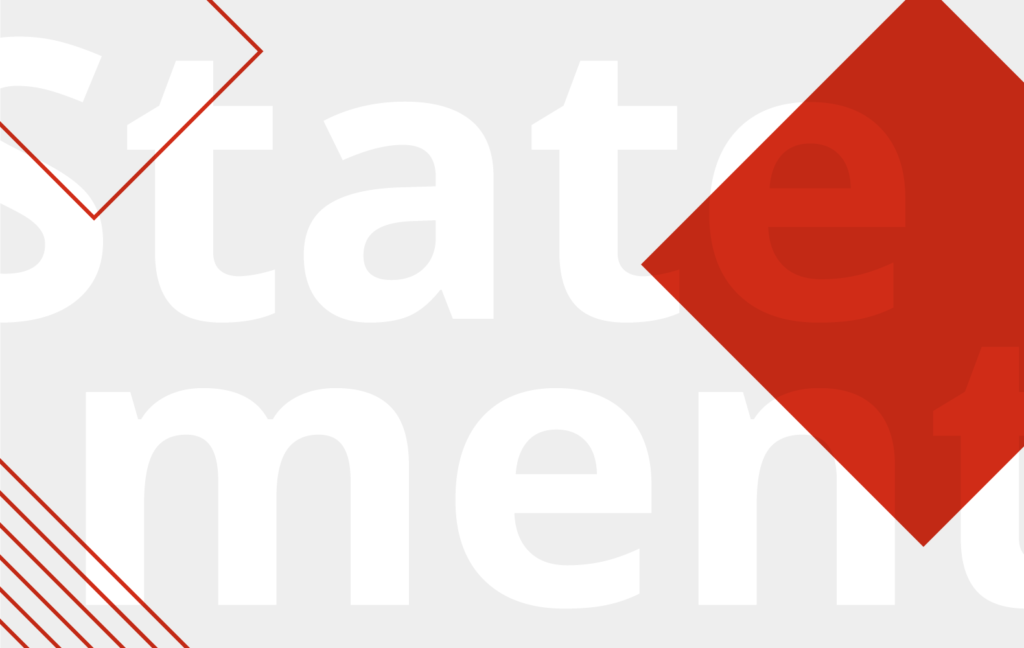31 May 2019 – EMBO was one of more than 600 organizations and individuals that provided feedback on the initial Plan S implementation guidance. In addition to expressing support for the principle of universal OA we continued to make the case for the importance of quality, selective publishing and the associated costs.
We included in our consultation response a series of points that we suggested to be clarified by cOAlition S:
- additional details on the nature of and timeframe for transformative agreements;
- explicit detail on whether publishing in hybrid journals is Plan S compliant after the transition period;
- the nature of compliance and quality control, especially the types of quality criteria and how they are going to be assessed.
The updated Plan S principles and implementation guidance include further information on all of these points, and we welcome these additions. The main changes made public today include:
- a one-year delay to the implementation date for Plan S (to 1 January 2021) and the period for transformative agreements (until 2024)
- publication in hybrid or subscription journals is compliant (but not financially supported) if either the Version of Record or the Author’s Accepted Manuscript is immediately made available via a Plan S compatible OA repository
- consolidation of the technical requirements journals need to meet, including a split into mandatory and optional requirements
- recognition of the role of and challenges faced by learned societies and small- to mid-size-publishers, including a commitment to, for example, provide model contracts for transformative agreements
- further emphasis of a commitment for cOAlition S funders to adhere to the principles of the San Francisco Declaration on Research Assessment (DORA)
EMBO welcomes in particular that cOAlition S “emphasizes the need for high quality journals” and its “commitment to strong peer review systems alongside other forms of quality assurance.” High-quality publishing, such as to the standard practiced at EMBO Press and similar selective journals, requires a cost-intensive process. There remains a risk that transformative agreements may prioritize overall cost reductions that jeopardize such quality.
Considering the complexity of ‘quality’ as a concept, it is imperative to define clearly what constitutes high quality and its associated cost. In line with the coalition’s call for transparency about journal costs, EMBO therefore plans to make available its journal finances to indicate the cost of journal quality control processes and policies.
EMBO considers quality OA publishing as one central component of Open Science. Which is why it is particularly important to ensure that quality and openness are not traded off against one another at this point.Response to the updated Plan S implementation guidance



